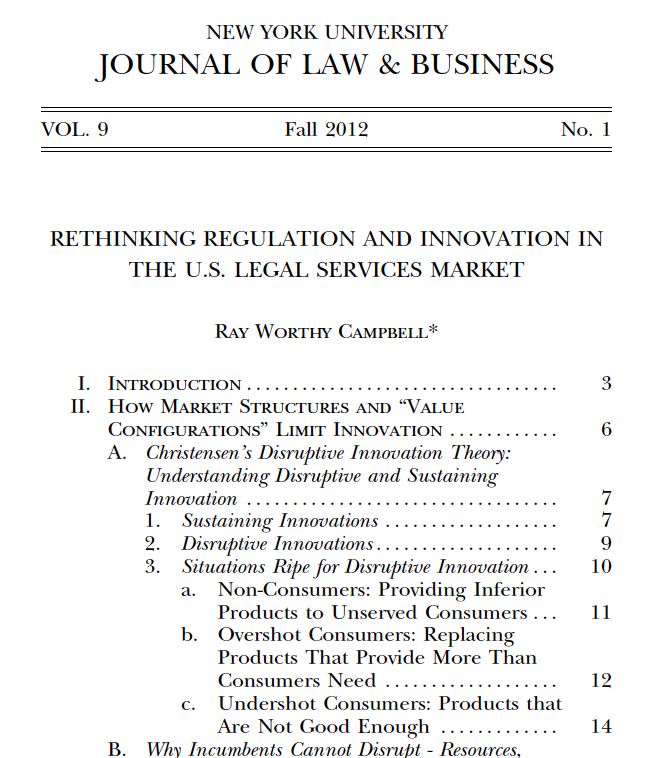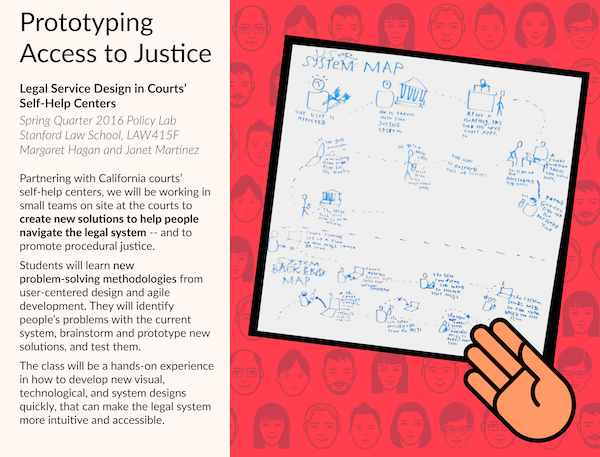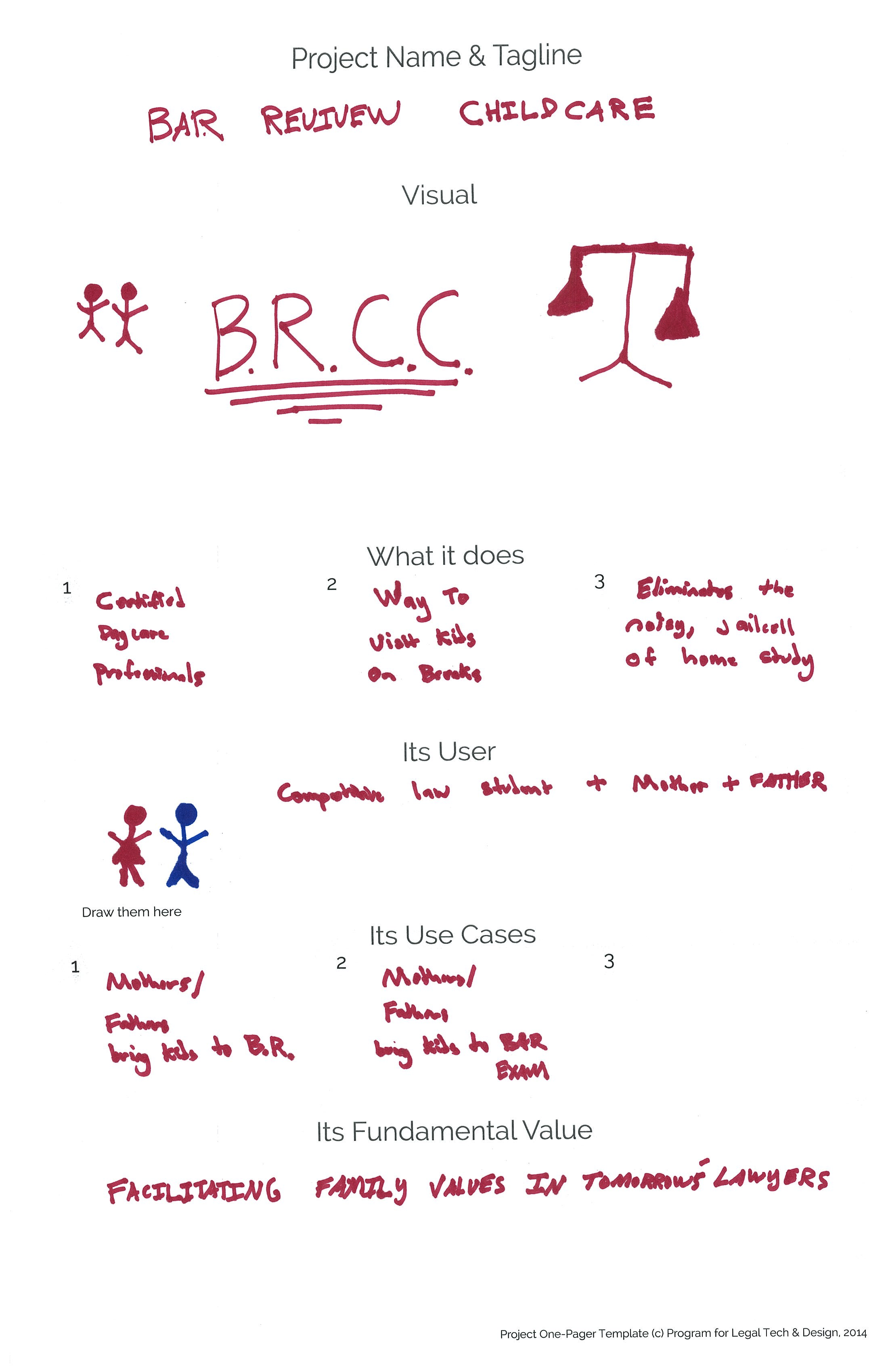
Rethinking Regulation and Innovation in the U.S. Legal Services Market is an article from Ray Worthy Campbell of Peking University School of Transnational Law, from March 2012, about what innovations are going on in the legal services market & what regulation could facilitate more of it. It relies on Clayton Christensen’s writing to structure the discussion about innovation.
The abstract:
For decades, academics have argued that the US system for regulating the practice of law inhibits innovation. Despite that academic consensus, we live in an age of unparalleled innovation in the way legal services are provided to clients in the United States. What gives? How can we live in a regulatory environment that prevents innovation, and have such an abundance of it? Where is this innovation coming from, and from whence might more innovation come? The answers are neither simple nor obvious. Understanding this changing landscape requires a close look both at how innovations take root and at the US system of legal regulation.
This article first looks – as no one else has – at legal services innovation in the light of current disruptive innovation theory. This article next looks at the US regulatory scheme. It finds creeping de facto deregulation on the corporate side, and a previously unreported spate of regulation by class actions on the individual consumer side. Finally, this article, taking into account both disruptive innovation theory and the regulation of lawyers, illustrates how these forces interact by analyzing the prospects for several possible innovations in the legal services market. The analysis helps illustrate how regulations can interact with market structures and business models to determine where innovation might flourish.
Keywords: innovation, unauthorized practice of law, regulation, legal profession, legal process outsourcing, LPO, alternative billing, general counsel, disruptive innovation, Christensen, Susskind, document assembly, legalzoom, paralegal, value chain, solution shop, value shop, legal consultant



1 Comment
This is very important article as it applies Clay Christensen’s disruptive innovation theory to the legal profession. We are requiring students in our course on “Lawyers as Entrepreneurs” at the Center for Law Practice Technology at Florida Coastal School of LAw to read this article, because we think the analysis is so important.
The one area that I disagree with Ray, is that the rules on offering “limited legal services” have become much more permissive in the last two years, with over 42 states having passed new rules which enable lawyers to offer “unbundled” or “limited legal services”.
With a limited legal service delivery model it is possible to create a value-chain business, rather than the typical “Solution Shop Model” by integrating technology, the lawyer’s role, use of paralegals, systems and procedures, checklists, etc., which result in productizing a legal service. That is — a legal service for a fixed fee that deliver a value-based result to consumers.
At our http://www.mdfamilylawyer.com Web Site we have done this and do a volume busines in serving pro se litigants in divorce matters in Maryland.